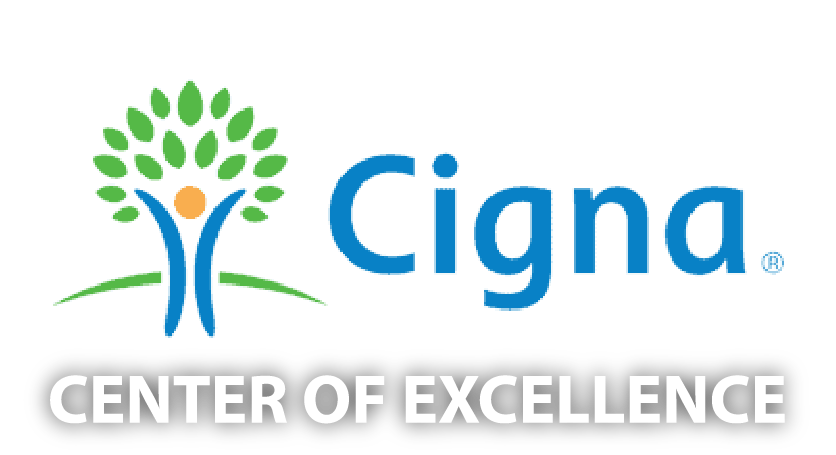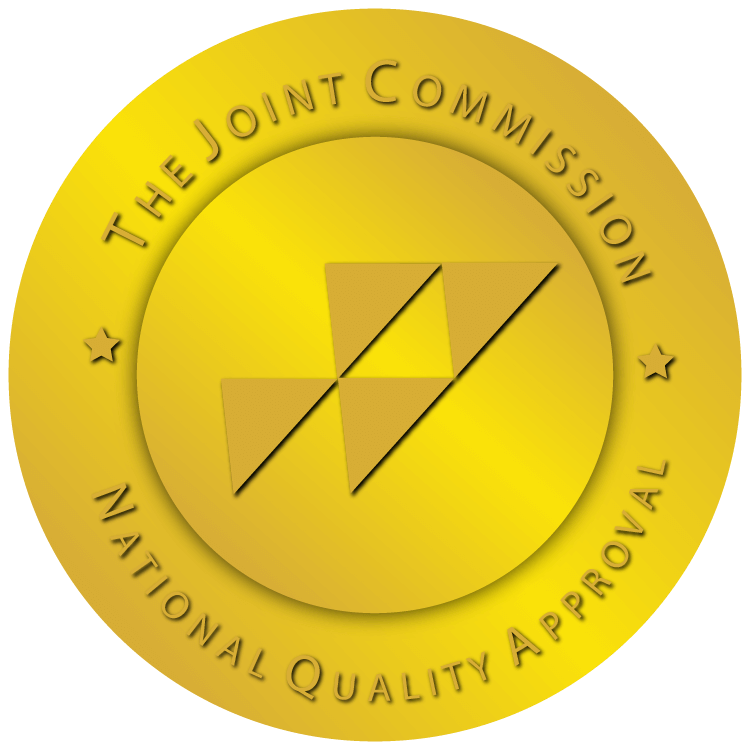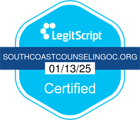Holistic drug treatment has become an increasingly popular option for individuals seeking recovery from substance use disorders (SUDs). Unlike traditional methods, holistic approaches focus on the mind, body, and spirit, offering a more integrated treatment plan. This well-rounded strategy is designed to heal not only the addiction but also the underlying emotional and psychological issues that often fuel substance abuse. This approach is used in both inpatient and outpatient treatment centers to address the needs of individuals who prefer a natural, non-invasive way to achieve long-term sobriety.

Key Components of Holistic Drug Treatment
Holistic drug treatment programs typically combine various therapies that go beyond detoxification to address all aspects of recovery. Some of the most popular holistic therapies used in these programs include:
Yoga and Meditation
Yoga and meditation are cornerstone practices in holistic drug treatment. These therapies help individuals improve their mental health by reducing stress, anxiety, and depression, which are often triggers for substance use disorder. By incorporating mindfulness, these therapies promote emotional stability and inner peace.
Acupuncture Treatment
Acupuncture is another effective therapy used in holistic drug treatment. This ancient practice stimulates specific points on the body to enhance the body’s ability to heal. Many individuals in drug detox programs report a reduction in withdrawal symptoms, cravings, and emotional distress through acupuncture treatments.
Nutritional Counseling
Proper nutrition is essential during the recovery process. Nutritional counseling focuses on rebuilding the body with a balanced diet that promotes healing. Many individuals who suffer from substance abuse also experience malnutrition, and restoring a healthy diet can play a crucial role in both physical and mental recovery.
Benefits of Holistic Drug Treatment
Holistic drug treatment offers numerous benefits, especially for those who prefer a more natural and integrated approach to recovery. Some of the key advantages include:
Personalized Healing
Each person’s experience with substance abuse is unique, which is why personalized treatment plans are so important. Holistic drug treatment programs focus on individualized care, addressing each person’s specific needs. By integrating various therapies such as counseling, acupuncture, and mindfulness techniques, a personalized treatment plan can lead to a more successful recovery.
Long-Term Sobriety
Studies show that individuals who engage in holistic treatments have a greater chance of maintaining long-term sobriety. This is because holistic therapies address the root causes of addiction, such as trauma, mental health issues, and emotional distress. By providing a more comprehensive healing experience, holistic treatments offer the tools necessary for lasting recovery.
Integrating Holistic Therapy with Traditional Treatments
While holistic therapies provide numerous benefits, they are often most effective when combined with traditional treatments like medication-assisted therapy and counseling. This combination creates a more robust approach to treating substance use disorder.
Medication-Assisted Therapy (MAT) and Holistic Treatment
Medication-assisted therapy (MAT) is often used alongside holistic therapies to help individuals manage withdrawal symptoms and cravings. MAT has been proven to be an effective way to treat alcohol abuse and opioid addiction, while holistic therapies like yoga and acupuncture help address the emotional and mental aspects of recovery.
How Holistic Drug Treatment Helps Mental Health
Mental health plays a significant role in addiction recovery. Many individuals struggling with substance use disorder also have underlying mental health conditions, such as anxiety, depression, or PTSD. Holistic treatments not only support physical detox but also help individuals regain emotional stability and address mental health issues.
The Mind-Body Connection
Holistic drug treatment focuses heavily on the mind-body connection. Practices like yoga and meditation not only enhance physical health but also improve mental well-being. By balancing both, individuals can develop healthier coping mechanisms and reduce the risk of relapse.
Conclusion: Holistic Approaches to Substance Use Disorder Recovery
Holistic drug treatment offers a comprehensive and natural approach to overcoming substance use disorder. By incorporating therapies such as yoga, acupuncture, and nutritional counseling, individuals are supported in all aspects of their recovery—physical, mental, and emotional. If you’re seeking a more holistic approach to treatment, it’s important to consult with a treatment center that offers personalized care and combines both traditional and holistic therapies for the best possible outcome.













